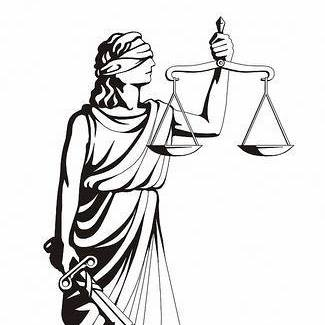Net Neutrality Catch 22
The plaintiffs had sought an injunction to keep California’s attorney General from enforcing the state’s Net Neutrality rules, which codified the original FCC Net Neutrality Rules, under the conclusion that the FCC lacked the authority to preempt state rules because they had changed the classification of broadband services from Title II (regulated) to Title I (unregulated) which also caused them to lose the authority to regulate the states. This was sort of a catch 22, as the deregulation of broadband services made in 2018 by the FCC actually took away their ability to supersede state broadband regulations, which leaves the state’s to decide on a state-by-state basis, whether they want to reestablish net neutrality rules. Under the ruling, if it stands, the only way the FCC could force the states to abide by its 2018 ruling ending net neutrality would be to reinstate broadband to Title II, which would also reinstate federally mandated net neutrality, hence the Catch-22.
What the ruling does however, is to open the idea of reinstating net neutrality to state governments, who will likely face challenges from carrier associations that promote the idea that services such as speed or price should be applied based on the customer’s content, equipment, location or other factors. This puts an end to carriers being able to ‘throttle’ certain customers who are using high bandwidth levels but paying lower fees and giving that bandwidth to its highest paying customers. The battle is certainly not over, but the pathway toward net neutrality is once again unblocked for now. The next step would be the Supreme Court, who will also look at the concept of net neutrality from a legal standpoint rather than a practical one, as opposed to the way the average user looks at internet services. The general public has indicated in polls that it favors net neutrality but that will have little influence on the Supreme Court’s decision, if it makes it that far, as their decision will be based on precedent, or at least their interpretation of precedent, which means that a Catch 22 like the one above could set the tone for the internet for years to come, rather than viewing it as a public service. Justice can be blind…

 RSS Feed
RSS Feed